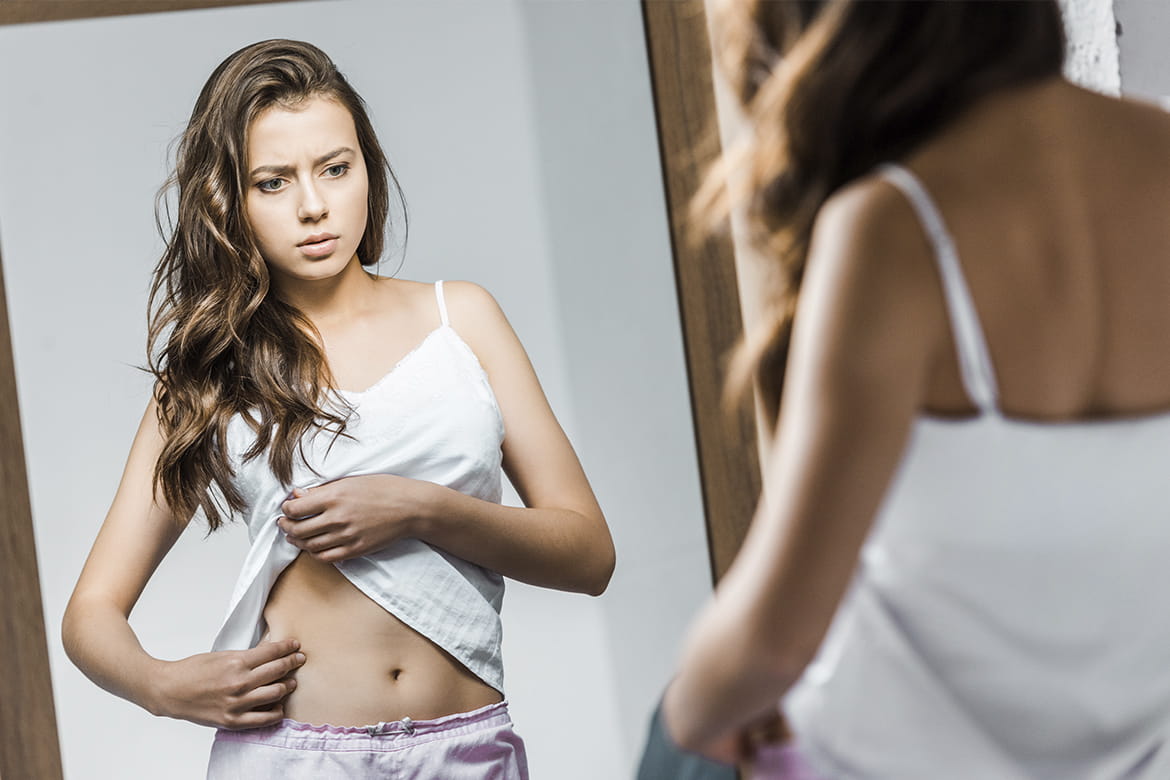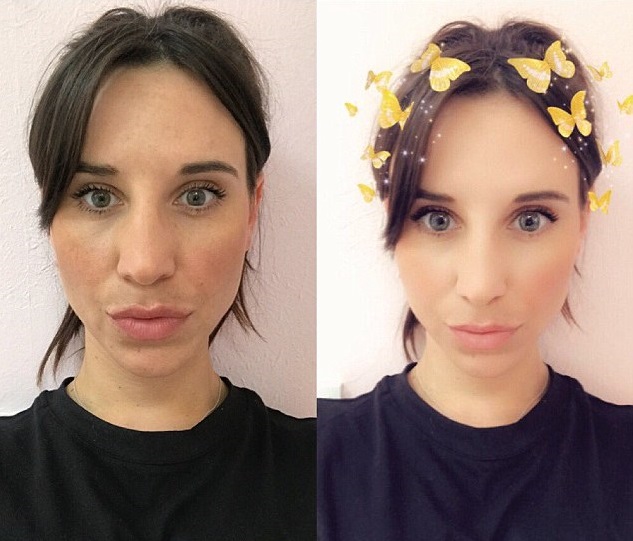This is not a 2009 Hollywood 3-Oscar 3D science fiction masterpiece with an official budget of $ 237 million. We’re talking about your synthetic digital image that you can easily create using simple everyday applications on your personal phone, tablet or computer.
Who doesn’t want to look fitter, more attractive, and more handsome and face others with more beautiful skin? “Digital makeup”, which covers physical defects and reveals a synthetic digital image that can be called an avatar of a person, is becoming increasingly important as communication becomes more and more online due to the pandemic. But is that a good development, that’s pretty doubtful.
Digital makeup started with photography
Photo tricks that hide physical problems had already entered our lives with the photo editing app called “Photoshop,” starting with professional celebrity shots. Artificial intelligence (AI) – based synthetic media technology now takes these “beautification tricks” one step further.

Synthetic media, which we know by the name of “Deepfake,” actually leads to deep anxiety because of its potential for deception and abuse. However, on the other hand, it seems that it will also popularize itself and attract more fans with the possibilities of “redesigning their own physical appearance” that it offers.
If you think that looking prettier than ever on digital screens will make you feel better, you’re wrong. Digital makeup, which brings a person to the screen with a more perfect image than he is, involves dangers such as removing a person from himself and contradicting his own reality.
$ 500 to create your own avatar
To produce your own avatars, you no longer have to be in the movie or advertising industry. AI companies, which started with the sale of catalogues of deepfake characters with their own designs, also turned to the personalized avatar option, we have mentioned in past articles. Some AI companies that focus on Deepfake production technologies now allow you to easily produce your avatar with “Do-It-Yourself” applications. For example, Alethea AI’s Content Producer package offers the ability to produce up to 20 languages-supported avatars with a monthly payment of $ 500. The same company’s corporate package, whose cost is not disclosed from the website, gives your avatar privileges such as support for up to 40 languages, emotional expressions, different clothing preferences, and licensing.

Another avatar manufacturer, Synthesia, offers two different options for those who want to produce their own avatar. Those who want to develop a lower-resolution avatar with a phone or webcam and use it with these tools must pay $ 500. For those who want to produce a green screen avatar suitable for multi-purpose use, the cost increases to $ 1000. This second option is available for flexible transparent backgrounds and interactive videos with Greenbox technology to produce more comprehensive content.

Are face healing algorithms; self-deepfake?
In our article, we mentioned the Maxine platform that Nvidia offers for digital application developers, especially video conferencing applications. Nvidia Maxine, AI infrastructure not only makes real-time video calls better in terms of image and audio transmission, but also includes features that make the participant’s image more perfect with their look and posture. In addition, Nvidia did not choose to create a new video conferencing platform and take advantage by keeping the AI technology it developed to itself. A different kind of deepfake technology, which it developed in real time, was available to all developers, allowing it to become widespread.
Maxine sets a new technology standard in real-time video calls that gives the end user the advantage of digital makeup. This, along with many other new concerns, seems to ignite the debate about facial improvement algorithms. Because this can be considered an important milestone in the world of social media and online communication, which, just like selfies, will lead to a kind of self-synthetic media (self-deepfake) habit.
Synthetic digital personal image undermines self-confidence
Like substances that lead to addiction, synthetic media that distract people from their original appearance and their own reality can lead to “fake beauty addiction.” Against this background, it has been shown by scientific research over the past few years that facial healing algorithms do not produce mentally healthy results. Research conducted by Boston Medical Center (BMC) shows that filters and photo editing can damage people’s self-confidence and trigger disorders such as body dysmorphia.
As a result of the spread of image editing technology through apps such as Snapchat and Facetune, the level of physical ‘perfection’ previously seen only in celebrities or beauty magazines is now dominating all social media. Researchers say that as this level becomes the rule, people’s perceptions of beauty around the world change, which can damage one’s self-esteem.

Body dysmorphic disorder (BDD) causes a person to overestimate a defect in their body that is not obvious from the outside or very little obvious, and the mind is constantly filled with this thought. This condition also causes a person to experience difficulties in their daily life and behavioral disorders. As a result, repetitive behaviors such as plucking the skin, or situations such as contacting dermatologists or plastic surgeons hoping to change their appearance, can be encountered. The disorder affects about 2 percent of the population and is classified in the obsessive-compulsive category.
For example, it is observed that young girls who manipulate their photos are more interested in their body appearance, and those with dysmorphic body image are trying to use social media as a means of verification. Other research reveals that 55 per cent of patients who go to plastic surgeons want to improve their selfie appearance.
“Snapchat Dismorphia” disease
Neelam Vashi, director of BMC and the Center for Ethnic Skin At Boston University School of Medicine, emphasizes that filtering your own image has turned into a disease that has become a phenomenon with the concept of ‘Snapchat dismorphia’. “Filtered selfies cause people to lose touch with reality, creating the expectation that they should always look perfect,” Vashi said. Patients are turning to the option of surgery to look like filtered versions,” he says.

However, experts do not find surgical intervention correct in these cases. Because aesthetic change does not provide recovery and can lead to worse underlying BDD. For such cases, psychological interventions are recommended through different methods of therapy.
Google takes beauty filters out of default
Google announced in early October that its smartphones would default to “beauty” filters that remove pimples, freckles, wrinkles and other skin defects. “When you are not aware that a camera or photo app is applying a filter, photos can negatively affect mental health,” the company said in a statement. “These default filters can quietly set a standard of beauty that some people compare themselves to,” Google’s statement said of the psychological danger that digital makeup can lead to.
To date, the danger of deepfakes has been assessed mainly on the possibility that malicious people can carry out cyber-attacks such as disinformation, abuse or fraud through deepfakes that they will produce. However, evil is more destructive when it comes from the inside, not from the outside. For this reason, the most harmful substances that cause addiction are initially pleasant. Don’t just expect deepfake attacks from the outside. A digital makeup method that you resort to increase your physical appeal in the online world can over time turn into your mental vulnerability, triggering weakness or complexes. So your self-produced deepfake could become the biggest threat to your own reality.
It seems that if beauty filters are not brought under control, the most insidious deepfake will settle into minds.
